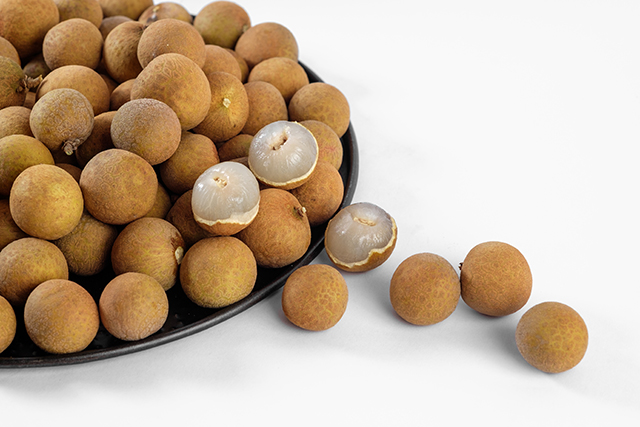Is propionate the key to successfully losing weight?
04/16/2019 / By Evangelyn Rodriguez

There’s a new weight loss supplement that’s aiming to hit the market, and it’s targeted at people in their early 20s. It’s name is propionate – a tasteless powder that can be easily added to any drink.
Propionate occurs naturally in the gut. It is one of the short-chain fatty acids (SCFAs) produced by bacteria in the colon as they digest fiber from food. Propionate has long been known to have hyperphagic effects in both humans and animals – that is, once produced, it signals the brain that the body is full. This prompts the brain to stop a person or animal from eating. Researchers believe that incorporating this compound into a person’s diet may help suppress their appetite, especially those aged 20 to 35 years who, on average, tend to put on at least two pounds per year.
So far, propionate seems to be proving effective in tests. Researchers from Imperial College London have tested the supplement on middle-aged, overweight volunteers and it seemed to work well in preventing any weight gain when taken daily. The volunteers also didn’t report any side effects from taking it.
The researchers came up with the idea for the supplement because they thought people find it hard to eat a high-fiber diet, which is something that kept animals from gaining weight when they eat a high-fat diet. So instead of forcing people to eat what they don’t want, the researchers came up with the propionate supplement. They are now planning further and longer tests on volunteers who would be willing to take the supplement for a year. They also hope that it would prove beneficial to young adults as their health and diet at that age will determine if they will avoid or succumb to the middle-age spread.
Mother Nature's micronutrient secret: Organic Broccoli Sprout Capsules now available, delivering 280mg of high-density nutrition, including the extraordinary "sulforaphane" and "glucosinolate" nutrients found only in cruciferous healing foods. Every lot laboratory tested. See availability here.
Why the middle-age spread should be prevented
The middle-age spread refers to the amount of fat both men and women accumulate around their abdomen and buttocks when they reach middle age. The accumulated fat may be either subcutaneous fat (just under the skin) or visceral fat (surrounding the internal organs), or both. Accumulating a large amount of visceral fat is dangerous, as it may lead to complications in the organs that it surrounds. According to experts at Harvard Medical School, the increase in visceral fat is directly proportional to the risk of developing diseases such as cardiovascular disease, diabetes, and osteoporosis.
To help prevent the accumulation of visceral fat, it is recommended that people avoid eating too much simple carbohydrates and exercise more. Eating too much simple carbs prompts the body to secrete more insulin, which tells the body to store fat. On the other hand, doing a combination of aerobic exercise and muscle training at least twice a week can help burn visceral fat. Exercise and weight loss also help lower the risk of cancer.
Propionate and its other uses
Propionate is not only helpful for losing weight, it also benefits the heart. According to a study published in the journal Circulation, propionate has the ability to protect from hypertensive cardiovascular damage. Using mice with induced hypertension and atherosclerosis, they tested the effects of propionate and found that it reduced the thickening of the heart muscle, fibrosis and vascular dysfunction, as well as improved hypertension. It also protected the hearts of hypertensive mice from lesions and inflammation, suggesting that propionate can be used to maintain cardiovascular health.
Another study showed that propionate and other SCFAs were effective against diet-induced obesity. By inducing gut hormones and reducing appetite in mice, propionate was able to protect against obesity. This proves that propionate is useful at regulating food consumption in animals and may be just as effective in humans.
Sources include:
Tagged Under: alternative medicine, anti-obesity, cardiovascular disease, exercise, fat accumulation, fiber, fightobesity, fitness, heart health, high-fiber diet, middle-age spread, prevention, propionate, short-chain fatty acid, slender, supplements, weight loss



















